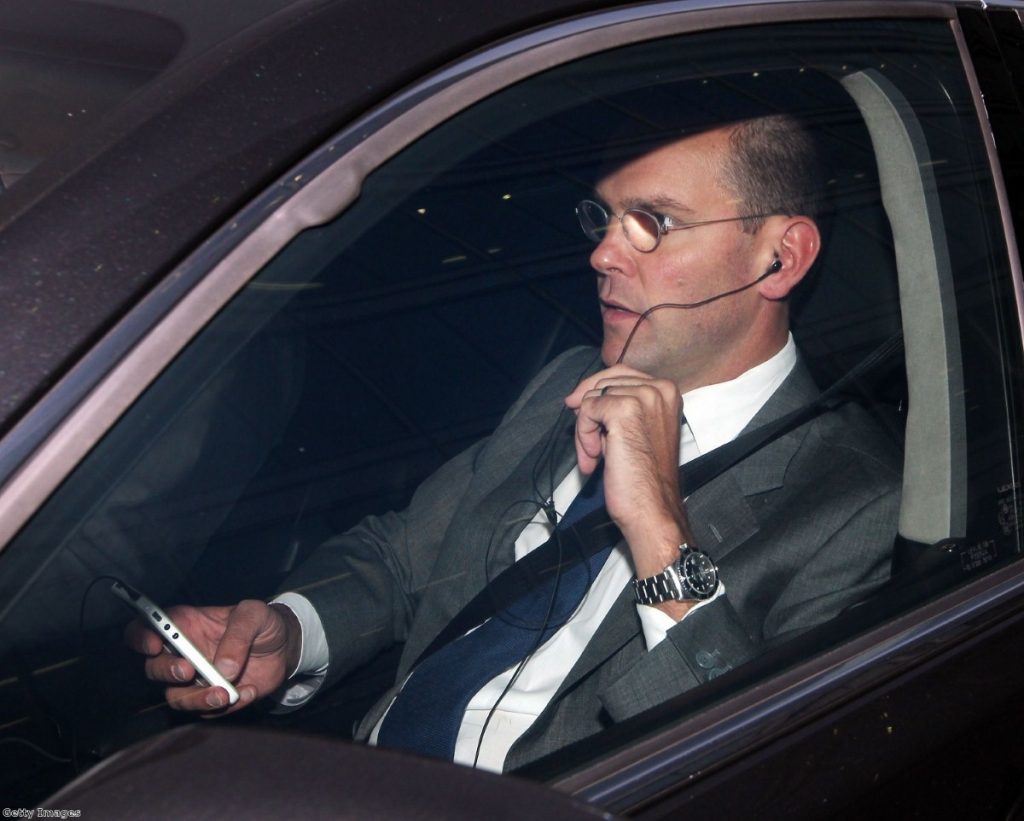The week in politics: Digging in for a slow-burning summer of scandal
After three weeks of phone-hacking intensity, the scandal's major players have spent this week digging in. The battle lines for the coming months are now being drawn.
By Alex Stevenson Follow @alex__stevenson
This was the week when the chief players took breath and prepared for a long, drawn-out struggle. Lord Justice Leveson announced his plans for the inquiry into wrongdoing at News of the World – and beyond. The Murdochs' spat with ex-News of the World editor Colin Myler and News International lawyer Tom Crone prompted MPs to relish the prospect of them returning to parliament for another grilling. BSkyB did their best to keep James Murdoch on side. The first stories about phone-hacking at publications other than those in the Murdoch stable suggested that the scandal was about to take another downwards plunge. It felt like, after all the bewildering, jaw-dropping pace of recent weeks, this was something of a hiatus.
Of course, a week couldn't possibly go by without some damaging new revelation coming to light. Politicians called the news that Sara Payne's phone had been hacked "a new low". It wasn't an exaggeration. This, presumably, was what ex-News International boss Rebekah Brooks said when she hinted darkly that there were much more damaging revelations to come.


Unlike in previous weeks, the scandal didn't entirely knock everything else off the news agenda. The quarterly growth figures provided another opportunity for Labour to bash the government over its spending cuts, as GDP slowed to a miserable 0.2% between April and July. The government's popularity is as shaky as consumer confidence, it seems. But, despite reports of a growing division between David Cameron and George Osborne, ministers held the line.
Another ongoing worry for the government is its involvement in the fight against Muammar Gaddafi in Libya. Britain's inability to help rebels fighting in the divided country's towns and cities is frustrating Tory MPs. But foreign secretary William Hague, not having much choice, really, is doing all he can to push the conflict along. Giving the rebels some more cash by transferring formal diplomatic recognition from Tripoli to Benghazi was a step in the right direction.
The sad death of Amy Winehouse distracted the public from phone-hacking, too. Her passing refocused politicians' minds on the broader problem of tackling Britain's drug problem. An article written for us by Lib Dem backbencher Julian Huppert, arguing that getting tough on drugs just doesn't work, contributed to the debate.
This was also the week when David Cameron admitted he had been overshadowed by his elder brother while at school, and Ed Miliband refused to admit his 'nose job' was to help improve his voice. Despite the phone-hacking scandal, late July is always good for this sort of story. Still, the suspicion is growing: are we going to be deprived of our annual silly season? It's beginning to look like it.

